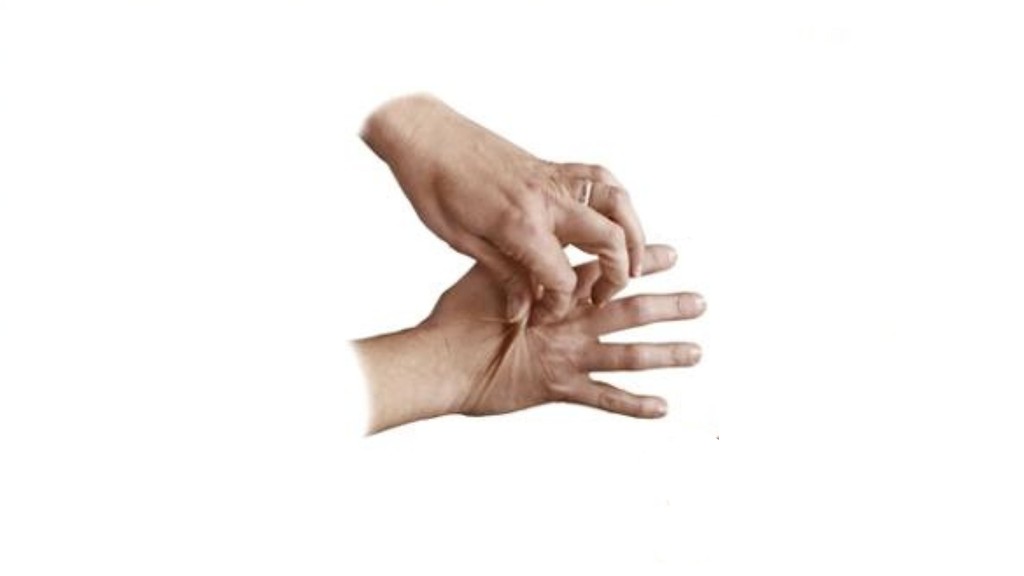Table of Contents
Dehydration Test is a condition that occurs when your body loses more water than it takes in. Dehydration can cause various symptoms, such as thirst, dry mouth, headache, fatigue, dizziness, confusion, and decreased urine output. Dehydration can also affect your skin, which is the largest organ in your body and plays a vital role in regulating your body temperature, protecting you from infections, and sensing pain and touch.
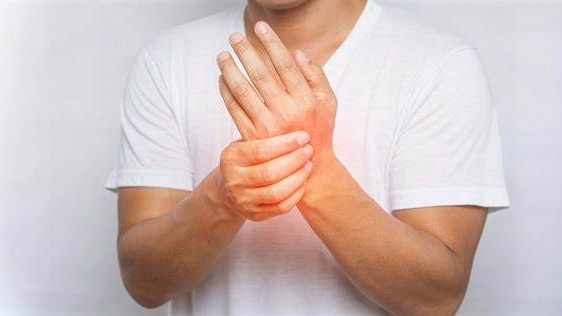
One of the ways to check if you are dehydrated is to perform a simple test at home, called the skin pinch or skin turgor test. This test measures the elasticity of your skin, or its ability to stretch and bounce back. When you are well-hydrated, your skin is elastic and resilient, and it will return to its normal shape quickly after being pinched. When you are dehydrated, your skin loses its elasticity and it will take longer to return to normal, or it may even stay tented up.
How to Do the Skin Pinch Test
To do the skin pinch test, follow these steps:
- Find a suitable area of your skin to pinch, such as the back of your hand, your lower arm, your abdomen, or your chest under the collarbone. Avoid areas that are wrinkled, scarred, or sunburned, as they may affect the accuracy of the test.
- Use your thumb and forefinger to gently pinch a small fold of skin and lift it up for a few seconds.
- Release the skin and observe how long it takes to flatten out. You can also use a stopwatch or a timer to measure the time.
- Compare your results with the following criteria:
- If your skin flattens out immediately or within one second, you are well-hydrated.
- If your skin flattens out within two to three seconds, you are mildly dehydrated.
- If your skin flattens out within four to five seconds, you are moderately dehydrated.
- If your skin stays tented up for more than five seconds, you are severely dehydrated.
Limitations of the Skin Pinch Test
The skin pinch test is a quick and easy way to check your hydration status at home, but it is not a foolproof method. There are some limitations and factors that can affect the accuracy of the test, such as:
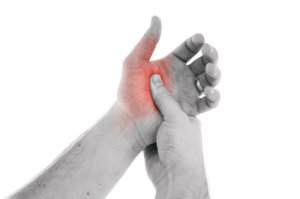
- Age: As you get older, your skin naturally becomes less elastic and more prone to sagging and wrinkling. This can make the skin pinch test less reliable for older adults, as their skin may take longer to return to normal even when they are well-hydrated.
- Weight: If you are overweight or obese, your skin may have more fat and less water content, which can also affect its elasticity. This can make the skin pinch test more difficult to perform and interpret, as your skin may not pinch easily or may stay tented up longer than normal.
- Health conditions: Some health conditions, such as diabetes, kidney disease, thyroid problems, or edema, can also affect your skin’s elasticity and hydration. For example, diabetes can cause your blood sugar levels to rise, which can draw water out of your cells and make you dehydrated. Kidney disease can impair your ability to filter and balance fluids in your body, which can lead to fluid retention or loss. Thyroid problems can affect your metabolism and your body temperature, which can also affect your water balance. Edema is a condition that causes swelling in your tissues due to excess fluid accumulation, which can make your skin appear puffy and stretched.
- Medications: Some medications, such as diuretics, antihistamines, or steroids, can also affect your hydration status by increasing your urine output, drying out your mucous membranes, or altering your fluid balance. If you are taking any medications, consult your doctor or pharmacist about their possible effects on your hydration and how to adjust your fluid intake accordingly.
- Environmental factors: The temperature, humidity, and altitude of your surroundings can also influence your hydration status by affecting your sweating, breathing, and water loss. For example, if you are in a hot and dry environment, you may lose more water through sweating and evaporation, which can make you dehydrated. If you are in a high-altitude environment, you may lose more water through breathing, as the air is thinner and drier, which can also make you dehydrated.
Dehydration Test
Besides the skin pinch test, there are other ways to check your hydration status at home, such as:
- Checking your urine color and volume: Your urine is a good indicator of your hydration status, as it reflects the amount and concentration of waste products that your kidneys filter out of your blood. When you are well-hydrated, your urine is clear or pale yellow, and you produce a normal amount of urine (about 1.5 to 2 liters per day for adults). When you are dehydrated, your urine is dark yellow or amber, and you produce less urine than normal. You may also experience a strong odor, a burning sensation, or pain when urinating, which can indicate a urinary tract infection or kidney stones.
- Checking your thirst level: Your thirst is a natural signal that your body needs more water, as it is triggered by a rise in the concentration of solutes in your blood. When you are well-hydrated, you feel satisfied and comfortable, and you do not have a strong urge to drink. When you are dehydrated, you feel thirsty and dry, and you have a strong urge to drink. However, thirst is not a reliable indicator of your hydration status, as it can be influenced by other factors, such as your diet, activity level, medication use, or health conditions. For example, if you eat salty or spicy foods, you may feel thirsty even when you are well-hydrated. If you exercise or sweat a lot, you may not feel thirsty even when you are dehydrated. Therefore, you should not rely on your thirst alone to determine your hydration status, but rather use it as a reminder to drink water regularly.
- Checking your body weight: Your body weight can also reflect your hydration status, as it can change depending on your fluid balance. When you are well-hydrated, your body weight is stable and consistent, and it does not fluctuate significantly throughout the day. When you are dehydrated, your body weight can drop by 1 to 2 percent or more, depending on the severity of your dehydration. You can use a scale to measure your body weight every morning, before eating or drinking anything, and compare it with your usual weight. If you notice a sudden or significant weight loss, you may be dehydrated. However, keep in mind that your body weight can also change due to other factors, such as your food intake, bowel movements, menstrual cycle, or muscle mass. Therefore, you should not use your body weight as the sole indicator of your hydration status, but rather as a general guide.
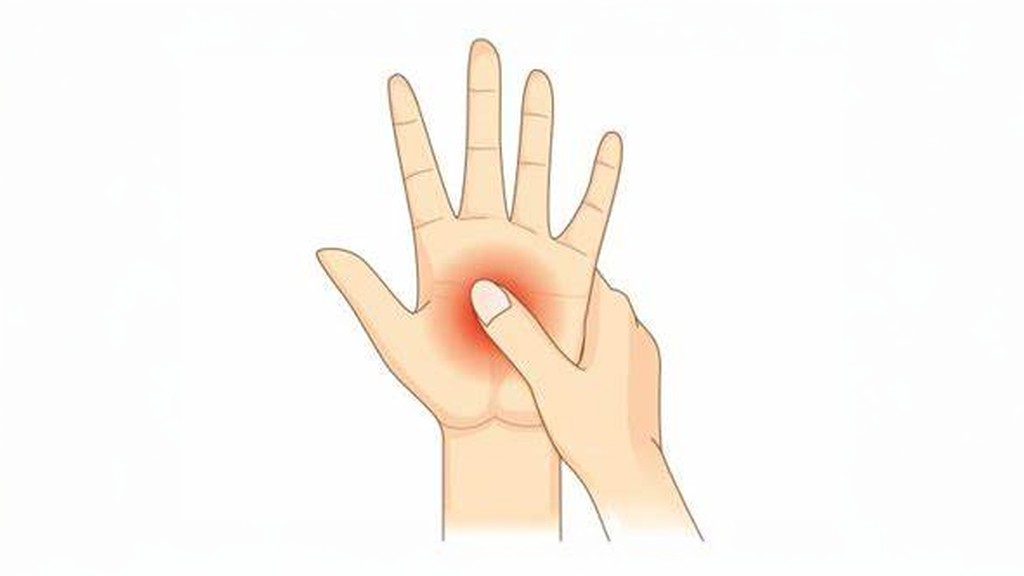
How to Prevent and Treat Dehydration
The best way to prevent and treat dehydration is to drink enough water and fluids to meet your daily needs and replace any water loss. The amount of water and fluids that you need depends on various factors, such as your age, gender, activity level, health status, and environmental conditions. As a general rule, the Institute of Medicine recommends that adult men drink about 3.7 liters (15.5 cups) of fluids per day, and adult women drink about 2.7 liters (11.5 cups) of fluids per day. However, these are only average values, and your individual needs may vary. You can use the following tips to help you stay hydrated:
- Drink water regularly throughout the day, even if you are not thirsty. Aim to drink at least eight 8-ounce glasses of water per day, or more if you are active, sweat a lot, or have a fever, diarrhea, or vomiting.
- Drink water before, during, and after exercise, especially if you are exercising in a hot or humid environment. You may need to drink more water than usual to replenish the water and electrolytes that you lose through sweating. You can also drink sports drinks or oral rehydration solutions that contain carbohydrates, sodium, potassium, and other minerals to help you maintain your fluid and electrolyte balance.
- Drink water before, during, and after traveling, especially if you are traveling by plane, train, or car. You may lose more water than usual due to the dry air, the altitude, or the motion of the vehicle. You can also avoid drinking alcohol, caffeine, or carbonated drinks, as they can dehydrate you further by increasing your urine output or causing gas and bloating.
- Drink water before, during, and after drinking alcohol, as alcohol can dehydrate you by increasing your urine output and interfering with your antidiuretic hormone, which regulates your water balance. You can also limit your alcohol intake to no more than one drink per day for women and two drinks per day for men, as recommended by the Dietary Guidelines for Americans.
- Drink water before, during, and after eating, as water can help you digest your food, absorb nutrients, and prevent constipation. You can also eat foods that have high water content, such as fruits, vegetables, soups, and yogurt, to help you meet your fluid needs.
- Drink water when you are sick, as water can help you fight infections, reduce fever, and prevent dehydration caused by vomiting, diarrhea, or sweating. You can also drink clear liquids, such as broth, juice, or oral rehydration solutions, to help you replenish your fluids
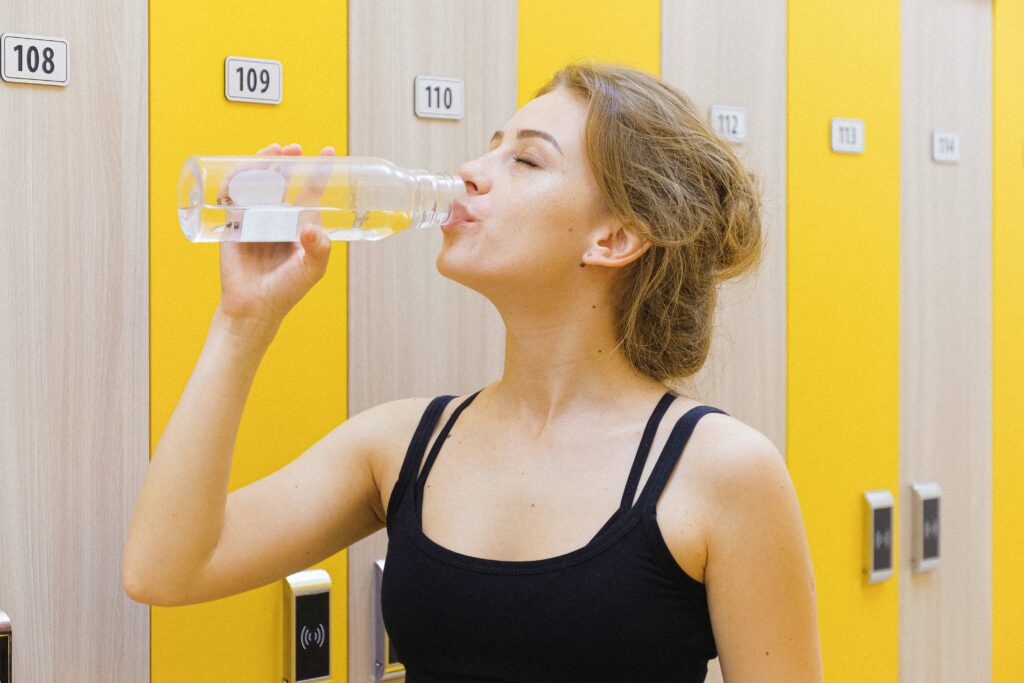
FAQs About Dehydration and Hydration
Here are some frequently asked questions and answers about dehydration and hydration that you may find helpful:
- Q: What is the recommended daily intake of water?
- A: There is no one-size-fits-all answer to this question, as your water needs depend on various factors, such as your age, gender, activity level, health status, and environmental conditions. However, as a general rule, the Institute of Medicine recommends that adult men drink about 3.7 liters (15.5 cups) of fluids per day, and adult women drink about 2.7 liters (11.5 cups) of fluids per day. These are only average values, and your individual needs may vary. You can use the tips mentioned above to help you stay hydrated and monitor your hydration status.
- Q: What are the best fluids to drink to prevent or treat dehydration?
- A: Water is the best fluid to drink to prevent or treat dehydration, as it is readily available, inexpensive, and free of calories, sugar, caffeine, or additives. Water can also help you flush out toxins, regulate your body temperature, lubricate your joints, and transport nutrients and oxygen to your cells. However, water alone may not be enough to replenish your fluids and electrolytes if you are severely dehydrated, or if you lose a lot of water and electrolytes through sweating, vomiting, or diarrhea. In these cases, you may need to drink fluids that contain carbohydrates, sodium, potassium, and other minerals, such as sports drinks or oral rehydration solutions, to help you restore your fluid and electrolyte balance. You can also drink clear liquids, such as broth, juice, or herbal tea, to help you hydrate and soothe your stomach. However, you should avoid drinking fluids that can dehydrate you further, such as alcohol, caffeine, or carbonated drinks, as they can increase your urine output or cause gas and bloating.
- Q: What symptoms and indicators of dehydration are present?
- A: The signs and symptoms of dehydration can vary depending on the severity and the cause of your dehydration. Some of the common signs and symptoms of dehydration include:
- Thirst
- Dry mouth, lips, tongue, and eyes
- Headache
- Fatigue
- Dizziness
- Confusion
- Irritability
- Decreased urine output
- Dark yellow or amber urine
- Strong odor, burning sensation, or pain when urinating
- Loss of skin elasticity
- Sunken eyes and cheeks
- Rapid heart rate
- Low blood pressure
- Fever
- Muscle cramps
- Seizures
- Shock
- Coma
If you experience any of these signs and symptoms, you should drink water or fluids immediately and seek medical attention if necessary.
- Q: What are the causes and risk factors of dehydration?
- A: Dehydration can be caused by various factors that can increase your water loss or decrease your water intake, such as:
- Excessive sweating due to exercise, heat, or fever
- Vomiting or diarrhea due to infections, food poisoning, or medications
- Increased urine output due to diabetes, kidney disease, or diuretics
- Reduced fluid intake due to nausea, loss of appetite, or difficulty swallowing
- Burns, wounds, or skin infections that can cause fluid loss through the skin.
- Bleeding or hemorrhage that can cause fluid loss through the blood vessels
Some people are more prone to dehydration than others, such as:
Infants and children, who have a higher proportion of water in their bodies, a higher metabolic rate, and a lower ability to regulate their body temperature and thirst
- Older adults, who have a lower proportion of water in their bodies, a lower metabolic rate, and a reduced sense of thirst and kidney function.
- People with chronic diseases, such as diabetes, kidney disease, thyroid problems, or heart failure, who may have impaired fluid balance or increased fluid loss.
- People who take certain medications, such as diuretics, antihistamines, or steroids, who may have increased fluid loss or altered fluid balance.
- People who live in hot or dry climates, who may lose more water through sweating and evaporation
- People who exercise or work in high-intensity or high-altitude environments, who may lose more water through sweating and breathing
- People who drink alcohol, caffeine, or carbonated drinks, who may have increased fluid loss or reduced fluid intake
